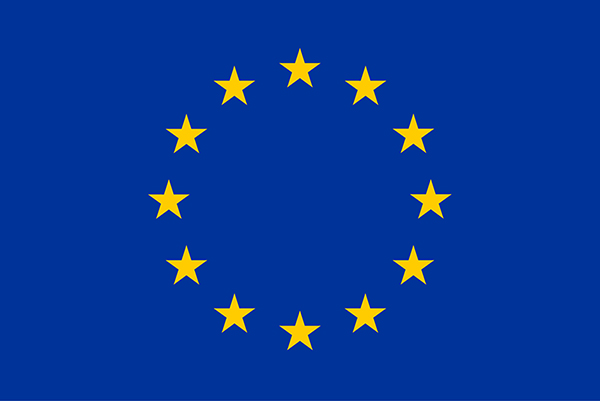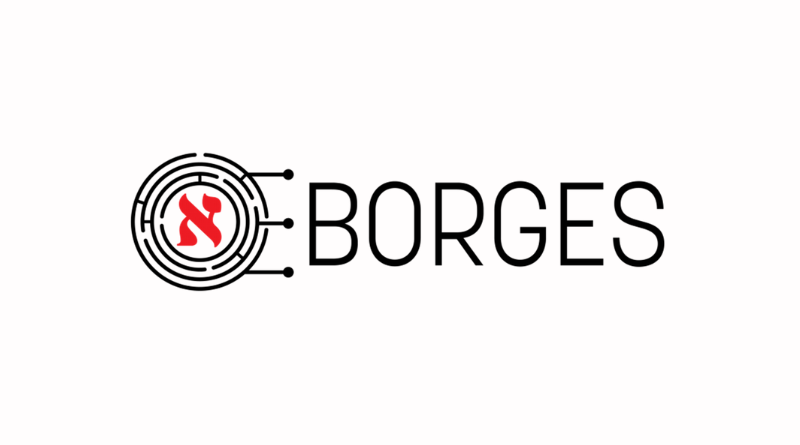BORGES
BORGES
Biosensing With Organic Electronics
Website: https://www.borges.unimore.it/
ABSTRACT
Organic Bioelectronics is a fast-rising field encompassing organic electronic devices that exhibit mixed electronic and ionic conductivity. It represents a truly unique communication bridge across the technology gap existing between the living systems and digital electronics. Biosensing is one of the most scientifically and industrially promising application of organic (bio)electronics. It is important to form young professionals that will be able to operate into this highly-interdisciplinary field, where proficiency in chemistry, materials science and technology, solid state physics, biochemistry, engineering is needed. Such curricula can be hardly constructed within institutional degrees, at least not at the level that can be provided by a European Training Network. The objective of BORGES is to train the next generation of R&D innovators in organic bioelectronics, with the aim of developing organic biosensors up to demonstration in an end-user significant context. BORGES trainees will be educated with a holistic perspective of the technology, from fundamentals and fabrication, through characterization, to clinical/research user scenarios. BORGES training will be based on i) acquiring solid background in different scientific and technological fields; ii) exposing trainees to diverse sectors, from academia to technological research centres to industrial nodes; iii) fostering the development of transversal competencies. The BORGES Network is composed by 12 beneficiary institutions and one associate partner. With 4 non-academic nodes, and research centres with a clear industrial drive, BORGES ensures exposure of its fellows to a truly multisectorial environment. The state of the art training received by its fellows in a rapidly growing field with a strong socio-economic impact will fully qualify them to access novel and highly qualified job positions, and to substantially increase their employability and career perspectives.
Project Budget: 3,979,589.40 €
Leitat Budget: 250,904.88€
Financial Framework: HORIZON 2020
Contract number: 813863
Start Date: 01/01/2019
End Date: 30/06/2023
Leitat
Main role & contribution in the project:
- Leitat will be leading the Integrating, up-scaling and prototyping with the creation of a simulation model for the optimization of the design of 3D-printed microfluidics and the implementation and validation of microfluidic device.
Partners:


This project has received funding from the European Union’s Horizon 2020 research and innovation programme under the Marie Sklodowska-Curie grant agreement no. 813863. Any communication activity related to the action and any dissemination of results related to the project reflects only the author’s view and the Agency and the Commission are not responsible for any use that may be made of the information it contains.

